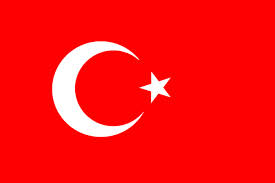Tunisia’s president has lifted a state of emergency in force since the 2011 uprising that ousted dictator Zine El Abidine Ben Ali, his office said Thursday, despite a string of recent militant attacks.
Tunisia's president has lifted a state of emergency in force since the 2011 uprising that ousted dictator Zine El Abidine Ben Ali, his office said Thursday, despite a string of recent militant attacks.
The country has been rocked by sporadic violence since the January 2011 revolution, which ignited the Arab Spring across North Africa and the Middle East.
"The president and commander-in-chief of the armed forces, Moncef Marzouki, issued a decree lifting the state of emergency in the whole country from Wednesday, March 5, 2014," his office said.
In November, Marzouki extended the emergency rule for eight months, meaning it has ended four months earlier than scheduled.
The end to the state of emergency "does not limit the capacity of the security services to implement the law and does not preclude any request for military support should it be needed," said the presidency.
This "will not bring about changes in the implementation of laws and policies in place in the country, including those concerning military operations areas and border buffer zones."
Last year, special military zones were established last on the Algerian and Libya borders, where the authorities say armed groups are active.
Social discontent has often led to violence, especially in the impoverished centre of Tunisia, where a street vendor set himself on fire more than three years ago in a desperate act of protest that launched the uprising.
